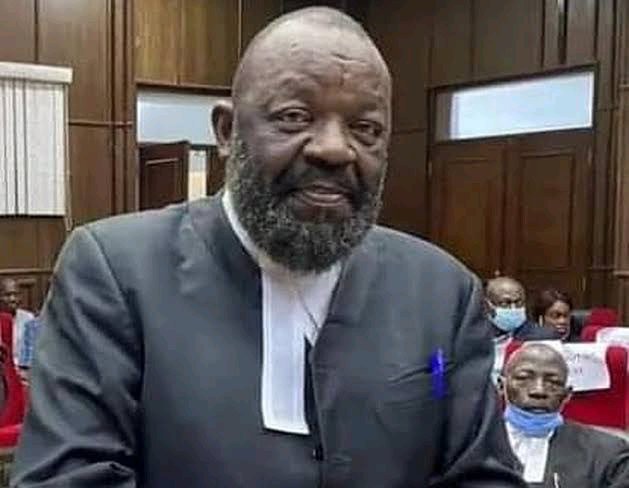The lingering insecurity in Nigeria’s Southeast has reignited conversations around the detention of Nnamdi Kanu, leader of the Indigenous People of Biafra (IPOB). This time, the focus is on a statement made by Senator Enyinnaya Abaribe during an interview on Channels TV, where he suggested that releasing Nnamdi Kanu could be the key to restoring peace in the region.
In reaction, Aloy Ejimakor, Kanu’s legal counsel, expressed his views on the matter through his X (formerly Twitter) account. Ejimakor tweeted: “The hard truth is that you can’t end the insecurity in Southeast by detaining & arresting agitators at home or abroad.” His statement appears to challenge the notion that heavy-handed government tactics, such as detaining separatist leaders, are a viable solution to the deep-seated issues plaguing the region.
This debate is not new. Since Kanu’s arrest and subsequent extradition to Nigeria in 2021, there have been mixed reactions. Supporters argue that his release is crucial for dialogue and peace building. They believe that his influence over IPOB members could help de-escalate tensions and end violence attributed to the group.
Critics, however, question whether Kanu’s release would genuinely solve the insecurity problem. Some believe the issues run deeper, pointing to economic hardships, unemployment, and perceived marginalization of the Southeast as the real drivers of unrest.
Ejimakor’s stance emphasizes a broader view: the futility of suppressing dissent without addressing underlying grievances. His statement suggests that the continued detention of agitators like Kanu may exacerbate rather than resolve insecurity.
Ultimately, the Southeast’s path to peace may require a shift from punitive measures to inclusive, solution-driven strategies. The government, community leaders, and stakeholders must decide whether Kanu’s freedom is a step in the right direction—or merely a band-aid for deeper issues.

